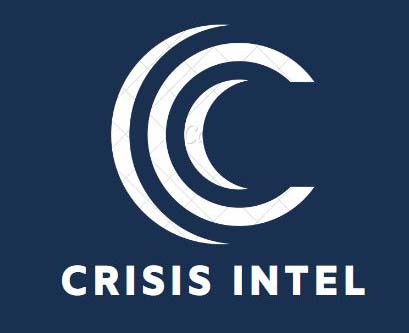Counterterrorism Strategies
Understanding Terrorism:
This segment delves into the motivations, ideologies, and tactics employed by terrorist organizations. It includes:
- Motivations and Ideologies: Exploring the various motivations behind terrorism, such as political, religious, or ideological factors, and how they drive individuals and groups to engage in acts of terror.
- Tactics and Methods: Discussing the diverse range of tactics used by terrorist organizations, including bombings, hostage-taking, cyberattacks, radicalization, and recruitment strategies.


Intelligence and Counterterrorism Operations:
This segment examines intelligence-driven counterterrorism operations aimed at preventing and disrupting terrorist activities. It includes:
- Intelligence Collection: Exploring the collection of intelligence through various means, such as human sources, electronic surveillance, data analysis, and collaboration with domestic and international intelligence agencies.
- Surveillance and Investigations: Discussing the use of surveillance techniques, undercover operations, and investigations to gather evidence, identify individuals involved in terrorism, and prevent potential attacks.
- Disruption of Terrorist Networks: Highlighting efforts to disrupt and dismantle terrorist networks through targeted operations, arrests, asset seizures, and interagency cooperation.
Counterterrorism Policies and Legislation:
This segment discusses the legal frameworks, policies, and strategies designed to prevent and respond to acts of terrorism. It includes:
- Legal Frameworks: Examining counterterrorism legislation, such as anti-terrorism laws and international conventions, that provide legal mechanisms to prosecute terrorists, disrupt their activities, and safeguard national security.
- Prevention and Preparedness Strategies: Discussing strategies aimed at preventing acts of terrorism, including community outreach programs, deradicalization initiatives, and efforts to counter extremist propaganda and recruitment.
- Response and Recovery: Exploring policies and plans for responding to terrorist attacks, including emergency response procedures, crisis management protocols, and coordination among law enforcement, intelligence agencies, and emergency services.

